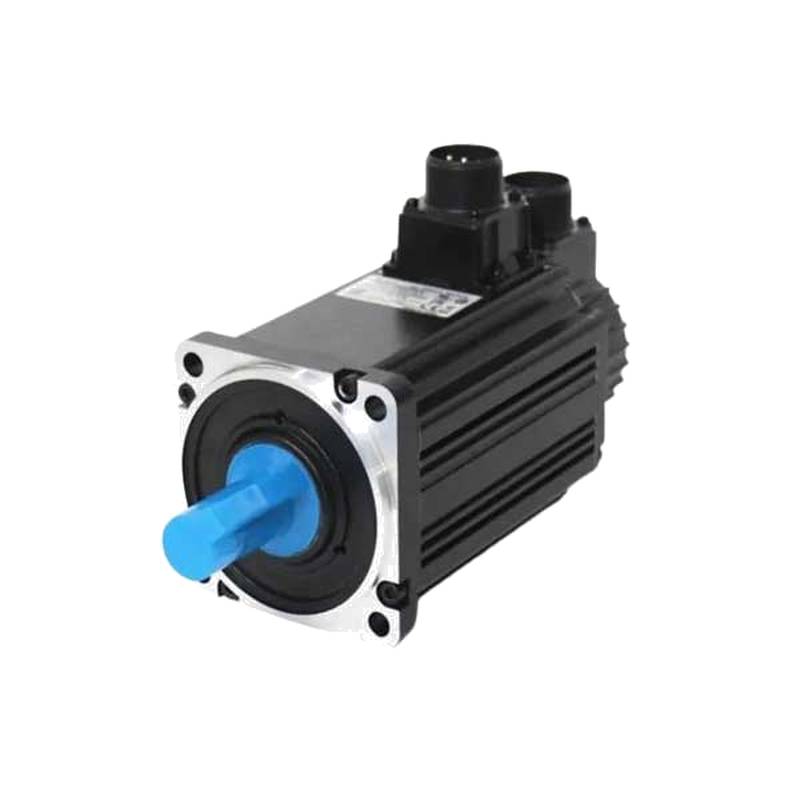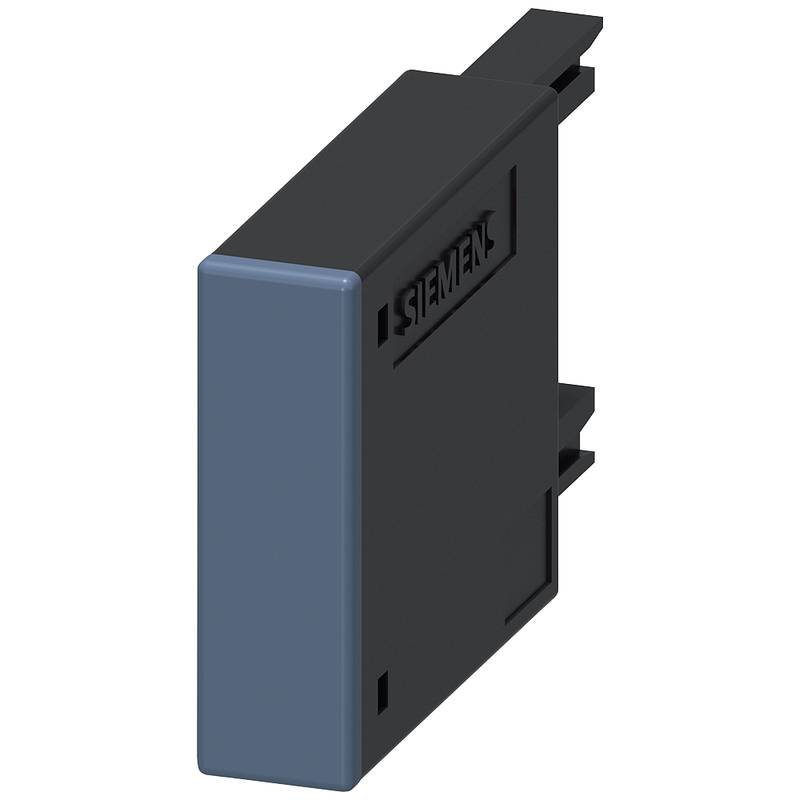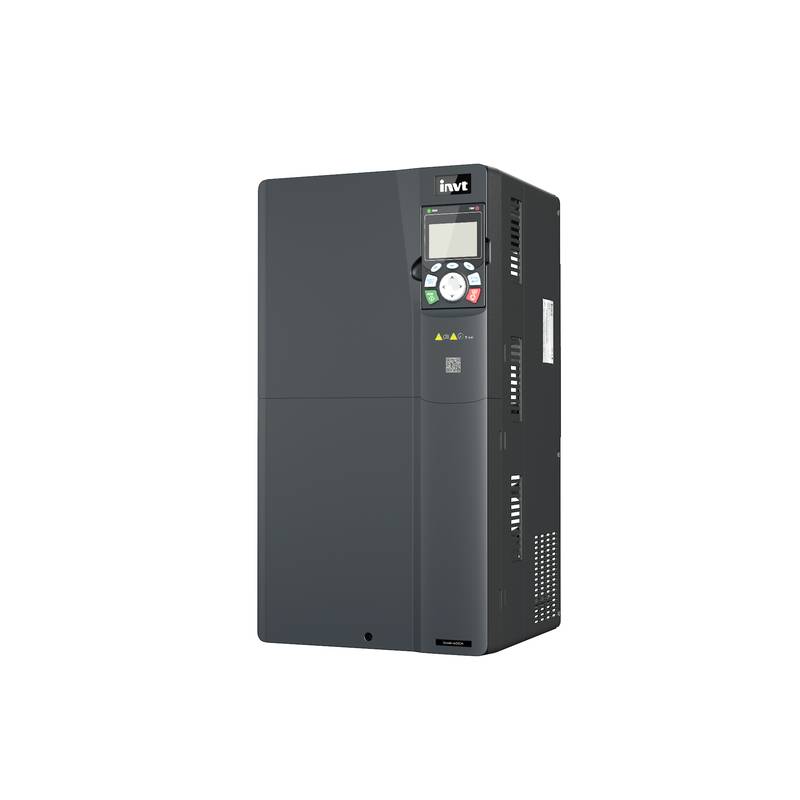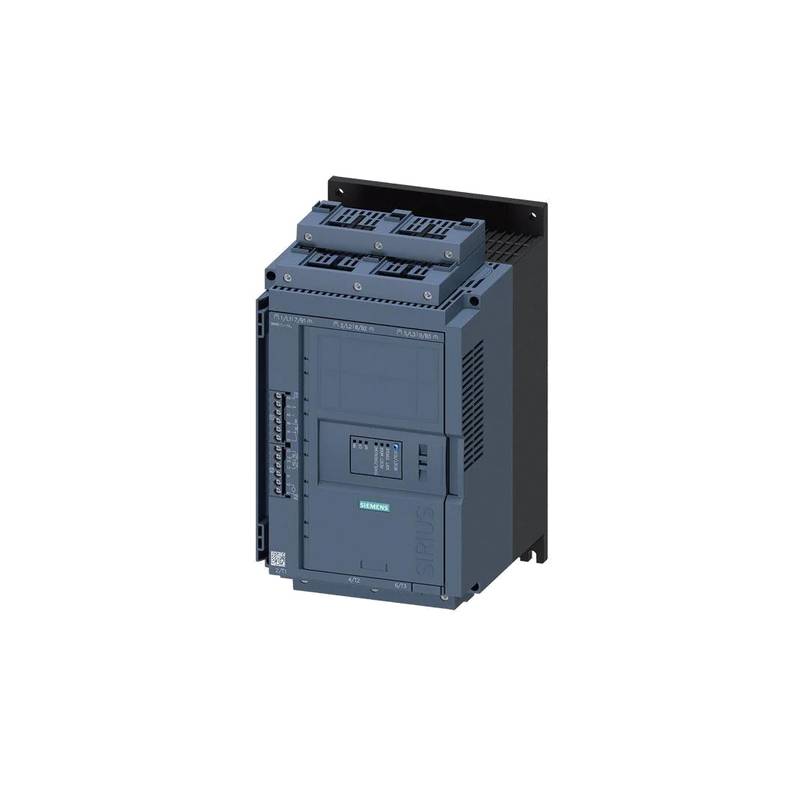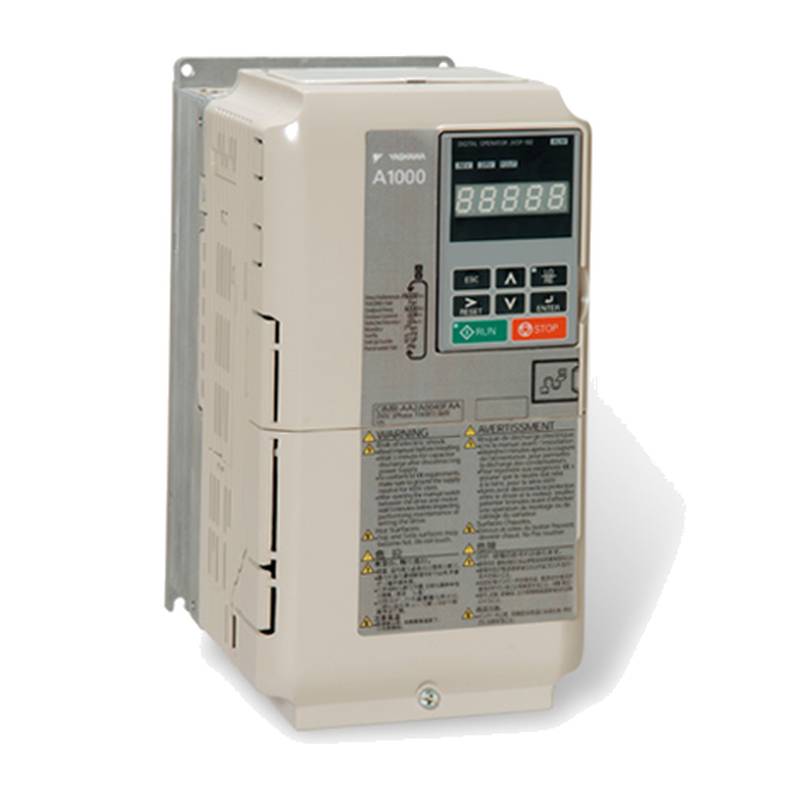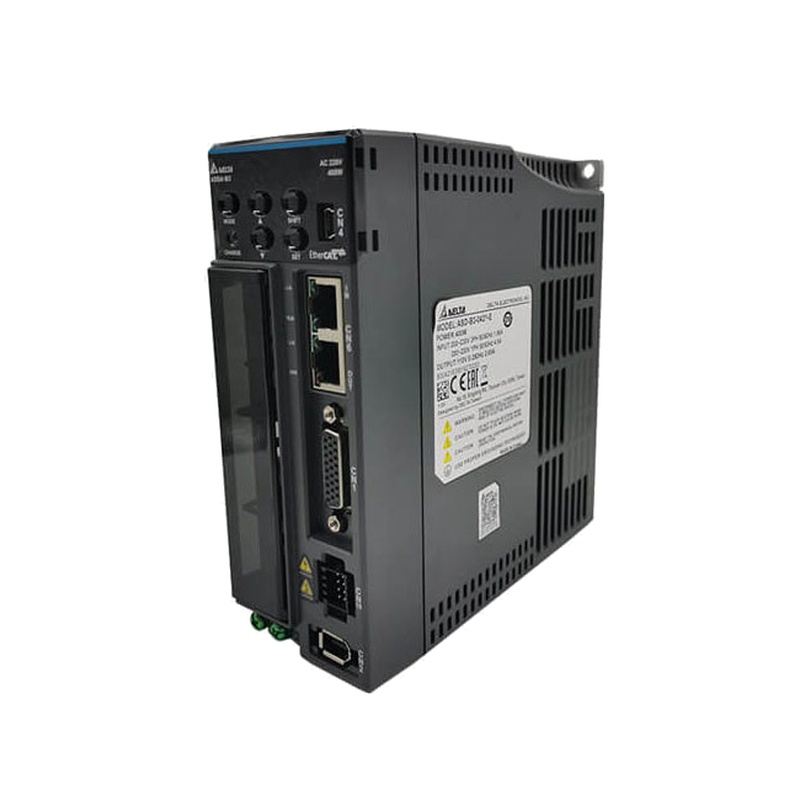
The Delta ECM-B3M-EM1820RS1 is a medium inertia servo motor engineered for demanding industrial automation applications requiring precise control and robust performance. This motor boasts a high torque-to-inertia ratio, ensuring rapid acceleration and deceleration for optimal cycle times. Its advanced encoder feedback system provides exceptional positional accuracy, crucial for tasks involving intricate movements and tight tolerances. With a rated output power of 1.8 kW and a peak torque capability of 12.7 Nm, the ECM-B3M-EM1820RS1 delivers the dynamic response necessary for high-throughput manufacturing environments. The motor's compact design and IP65 protection rating enhance its suitability for installation in challenging industrial settings.
Product Specifications
| Parameter | Value |
| :-------------------- | :----------------------------------- |
| Model | ECM-B3M-EM1820RS1 |
| Rated Output Power | 1.8 kW |
| Rated Voltage | 200-230V |
| Rated Speed | 2000 r/min |
| Peak Torque | 12.7 Nm |
| Rated Torque | 8.6 Nm |
| Rotor Inertia | 0.83 x 10⁻⁴ kg·m² |
| Encoder Resolution | 17-bit Absolute Encoder |
| Protection Class | IP65 |
| Insulation Class | Class F |
| Ambient Temperature | 0-40 °C |
| Brake | With Brake |
Core Features & Market Positioning
The Delta ECM-B3M-EM1820RS1 distinguishes itself through its superior torque density and high-resolution absolute encoder, enabling precise motion control without homing sequences. This positions it as a highly competitive solution for applications demanding both speed and accuracy, such as high-speed pick-and-place machines, automated assembly lines, and precision robotics. The integrated brake ensures secure holding of loads, adding a critical layer of safety and reliability, particularly in vertical axis applications or during power outages. Its compatibility with Delta's broader automation ecosystem, including drives and PLCs, further enhances its appeal for integrated system solutions.
Key Application Scenarios
This medium inertia servo motor excels in scenarios demanding rapid and precise motion, including CNC machining centers for intricate part fabrication, automated warehousing systems for high-throughput order fulfillment, and packaging machinery where consistent speed and positioning are paramount. It is also well-suited for robotic arms in assembly lines requiring dynamic manipulation, and for textile machinery that necessitates synchronized, high-speed movements. The ECM-B3M-EM1820RS1's robust construction makes it ideal for environments with dust and moisture, common in food processing and pharmaceutical manufacturing.
Practical System Integration Guidance
Integrating the Delta ECM-B3M-EM1820RS1 involves careful attention to power and control wiring. The motor connects to a compatible Delta servo drive (e.g., ASDA-B3 series) using the provided power and encoder cables. Ensure that the drive's firmware is updated to support the specific motor model and its encoder type for optimal performance and diagnostics. Proper grounding is essential to mitigate electrical noise and ensure operational stability. For installation, use appropriate motor mounts to minimize vibration, and ensure adequate ventilation around the motor and drive to prevent overheating, adhering to the specified ambient temperature range.
Operation and Risk Mitigation
Safe operation of the Delta ECM-B3M-EM1820RS1 hinges on adherence to the servo drive's safety guidelines and proper parameter configuration. Before commissioning, ensure all safety interlocks and emergency stop circuits are functional and correctly wired to the servo drive. Avoid exceeding the motor's rated torque or speed to prevent mechanical stress and premature wear. In case of faults, consult the servo drive's manual for specific error codes; common issues include overcurrent or overvoltage faults, which may indicate incorrect tuning, power supply problems, or mechanical binding. Always follow lockout/tagout procedures during maintenance.
Scalability & Long-Term Value
The Delta ECM-B3M-EM1820RS1 offers excellent scalability by seamlessly integrating with Delta's ASDA-B3 servo drives and other components within the Delta industrial automation platform. This allows for expansion of automated systems and easy upgrades as production demands increase. Its compatibility with industry-standard communication protocols facilitates integration into existing control architectures and enables future adoption of Industry 4.0 technologies, such as IIoT platforms for predictive maintenance and performance monitoring. The robust design and Delta's commitment to product longevity ensure a strong return on investment over the system's operational life.
Frequently Asked Questions
What is the primary advantage of the Delta ECM-B3M-EM1820RS1's medium inertia design?
The medium inertia design provides an excellent balance between torque and inertia. This allows for rapid acceleration and deceleration. It's ideal for applications needing quick response times.
This design optimizes dynamic performance in high-cycle applications. It reduces settling times for precise positioning. The motor can handle frequent motion profiles efficiently.
Its inertia characteristics make it versatile for various automation tasks. It avoids being overly sluggish or excessively reactive. This balance ensures robust and reliable operation.
How does the 17-bit absolute encoder enhance the motor's performance?
The 17-bit absolute encoder offers extremely high positional accuracy. It retains position data even when power is off. This eliminates the need for homing routines on startup.
It provides precise feedback for complex motion control. This is critical for applications requiring micron-level precision. The encoder ensures repeatable positioning with every operation.
This level of feedback enables faster system startup and higher throughput. It minimizes downtime associated with homing sequences. The encoder data is crucial for sophisticated path planning.
What are the typical operating environments suitable for the Delta ECM-B3M-EM1820RS1?
The motor's IP65 protection rating makes it suitable for dusty and wet environments. It can withstand direct water jets. This is common in food, beverage, and pharmaceutical processing.
It operates reliably within an ambient temperature range of 0-40 °C. Proper ventilation around the motor and drive is still essential. This ensures sustained performance under load.
Its robust construction helps mitigate risks from industrial contaminants. This reduces the likelihood of premature failure. It is designed for demanding factory floor conditions.
Can the Delta ECM-B3M-EM1820RS1 be easily integrated with existing Delta servo drives?
Yes, this motor is designed to work with Delta's ASDA-B3 series servo drives. These drives offer optimized performance for this motor. Ensure the drive firmware is compatible.
The integration process typically involves standard power and encoder cabling. Proper parameter configuration within the drive is crucial. Consult the drive manual for specific setup instructions.
This synergy allows for a cohesive automation system. It simplifies system design and implementation. Delta's integrated solutions enhance overall efficiency.
What is the significance of the built-in brake on this servo motor?
The integrated brake provides a failsafe holding mechanism. It keeps the motor shaft stationary when unpowered. This is vital for preventing load drop in vertical applications.
It adds a layer of safety by ensuring the load remains secure. This is particularly important during power interruptions or emergencies. The brake engages automatically when power is removed.
The brake's presence simplifies system design for holding applications. It reduces the need for external braking systems. This contributes to a more compact and cost-effective solution.
How does the rotor inertia affect the motor's application suitability?
The ECM-B3M-EM1820RS1's 0.83 x 10⁻⁴ kg·m² rotor inertia classifies it as medium inertia. This offers a good compromise between speed and controllability. It allows for faster response than high inertia motors.
Medium inertia motors provide a good torque-to-inertia ratio. This enables quick acceleration and deceleration. It's suitable for applications with moderate dynamic demands.
This characteristic makes it ideal for pick-and-place, assembly, and packaging tasks. It avoids the sluggishness of high inertia or the hyper-sensitivity of low inertia motors. It balances responsiveness with stability.
What are the key advantages of using a servo motor like the ECM-B3M-EM1820RS1 over other motor types?
Servo motors offer closed-loop control for high precision. They provide accurate positioning and speed regulation. This is superior to open-loop systems like basic AC motors.
The ECM-B3M-EM1820RS1 delivers high torque at low speeds. It also offers excellent dynamic response and overload capability. This is crucial for demanding automation tasks.
Compared to stepper motors, servos offer higher speeds and smoother operation. They don't typically lose steps under load. This results in more reliable and efficient performance.
What is the rated output power and peak torque of this motor, and why are they important?
The motor has a rated output power of 1.8 kW. This indicates its continuous power delivery capability. It's essential for calculating system load requirements.
Its peak torque is 12.7 Nm, representing its maximum short-term torque. This is crucial for handling sudden load changes. It ensures the motor can overcome initial inertia.
These parameters dictate the motor's ability to perform dynamic tasks. They help engineers select the correct motor for specific acceleration and load profiles. Proper selection prevents motor damage and ensures cycle time goals.
What kind of encoder feedback does the Delta ECM-B3M-EM1820RS1 utilize?
This servo motor uses a 17-bit absolute encoder. This provides a very high resolution of position feedback. It ensures precise positioning information is continuously available.
The "absolute" nature means it knows its position immediately upon power-up. It does not need to return to a home sensor. This simplifies commissioning and improves uptime.
This advanced encoder is critical for applications demanding sub-millimeter accuracy. It supports complex trajectory following and tight control loops. It represents a significant technological advantage.
What are the safety considerations when installing and operating the Delta ECM-B3M-EM1820RS1?
Always ensure emergency stop circuits are functional and properly wired. Follow lockout/tagout procedures during any maintenance. Avoid exceeding motor speed and torque ratings.
Ensure proper grounding of the motor and associated drive. This prevents electrical noise and potential shocks. Maintain adequate ventilation to prevent overheating.
Always refer to the servo drive's safety manual. Properly configure drive parameters to match motor capabilities. Never bypass safety interlocks or features.














